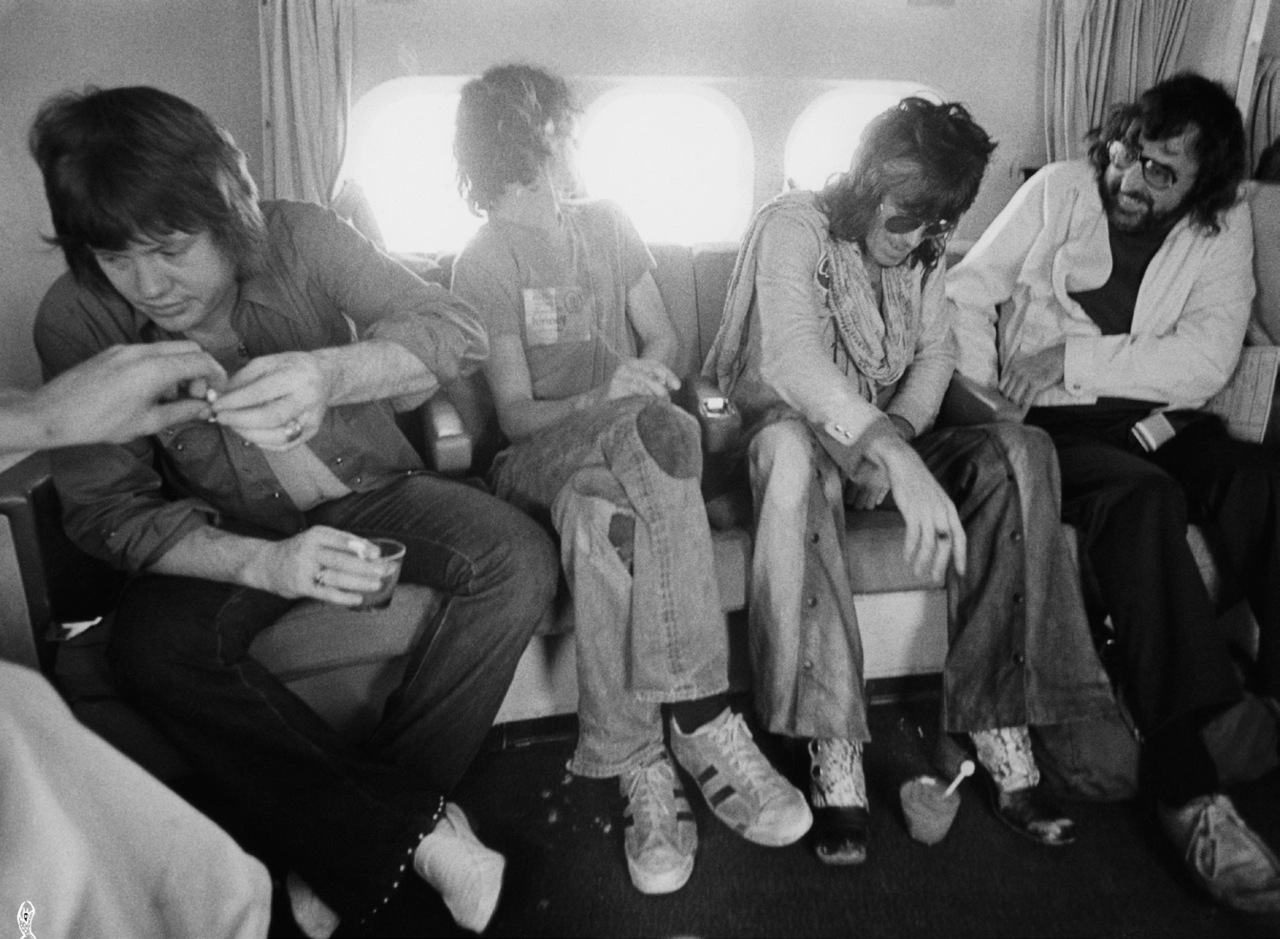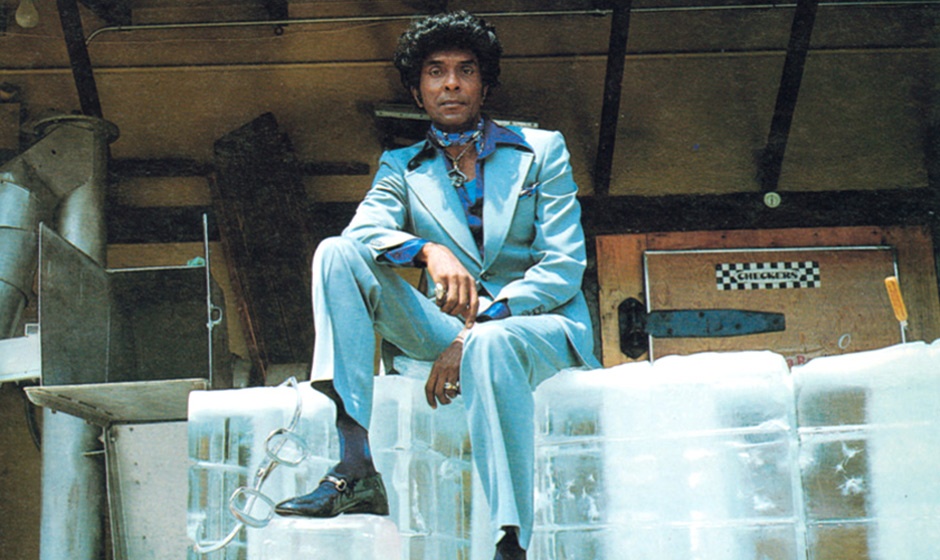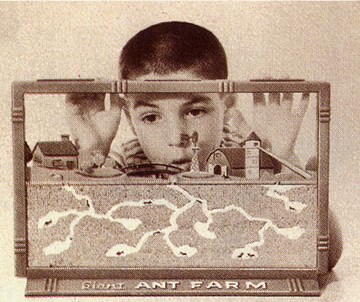If he hadn’t been in his prime in the 1960s, Terry Southern couldn’t have quite been Terry Southern as we know him. The era allowed him to stretch and bend, and he did what he could to warp it in return. The cultural explosion of those years and his own personality (perceptive, not protean) made it possible for the author to co-write with Kubrick and cover a political convention with Genet and Burroughs. Southern’s literary fantasia continued for decades, never betraying the unique time when his personal narrative began to be writ large.
In a New York Times book review, Dwight Garner finds Yours in Haste and Adoration: Selected Letters of Terry Southern to be largely lacking, unable to capture what made the man and his milieu so special. The opening:
It must have been a gas, to borrow one of his favorite terms, to get a letter from Terry Southern. Each was its own little acid trip, streaked with innuendo and poached in a satirical kind of intellectual flop sweat. He used thin, expensive paper and sealed some of his letters with wax. People were said to read them aloud to whoever was in the room.
It must further have been a groove, to use another of his favorite terms, to get a letter from Southern (1924-95) because he seemed to know everyone, from George Plimpton and Lenny Bruce to Ringo Starr and Dennis Hopper and had stories to tell.
It’s hard to sum up how brightly Southern’s star burned in the mid-1960s. A countercultural Zelig, he was nowhere and everywhere. Tom Wolfe credited Southern’s article “Twirling at Ole Miss,” published in Esquire in 1963, with jump-starting the New Journalism. Southern helped write the screenplay for Stanley Kubrick’s Dr. Strangelove (1964), injecting the software (wit) into the hardware (dread).•




